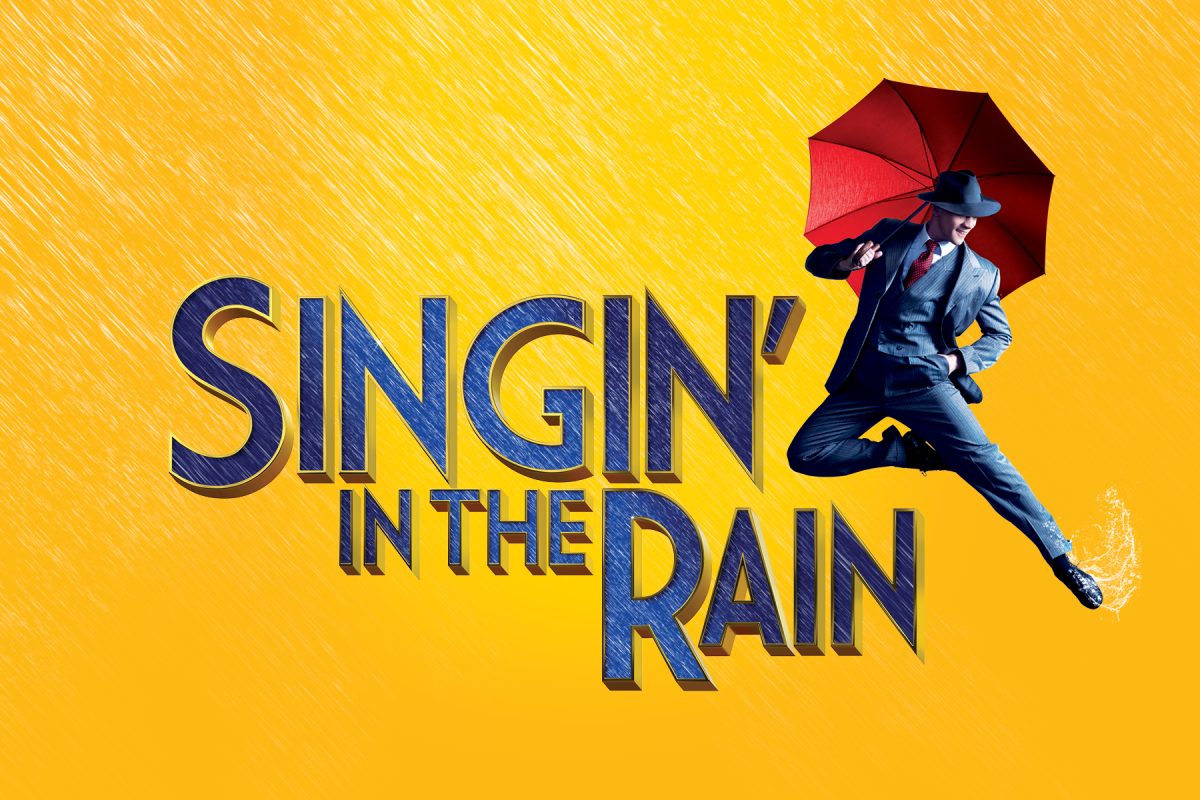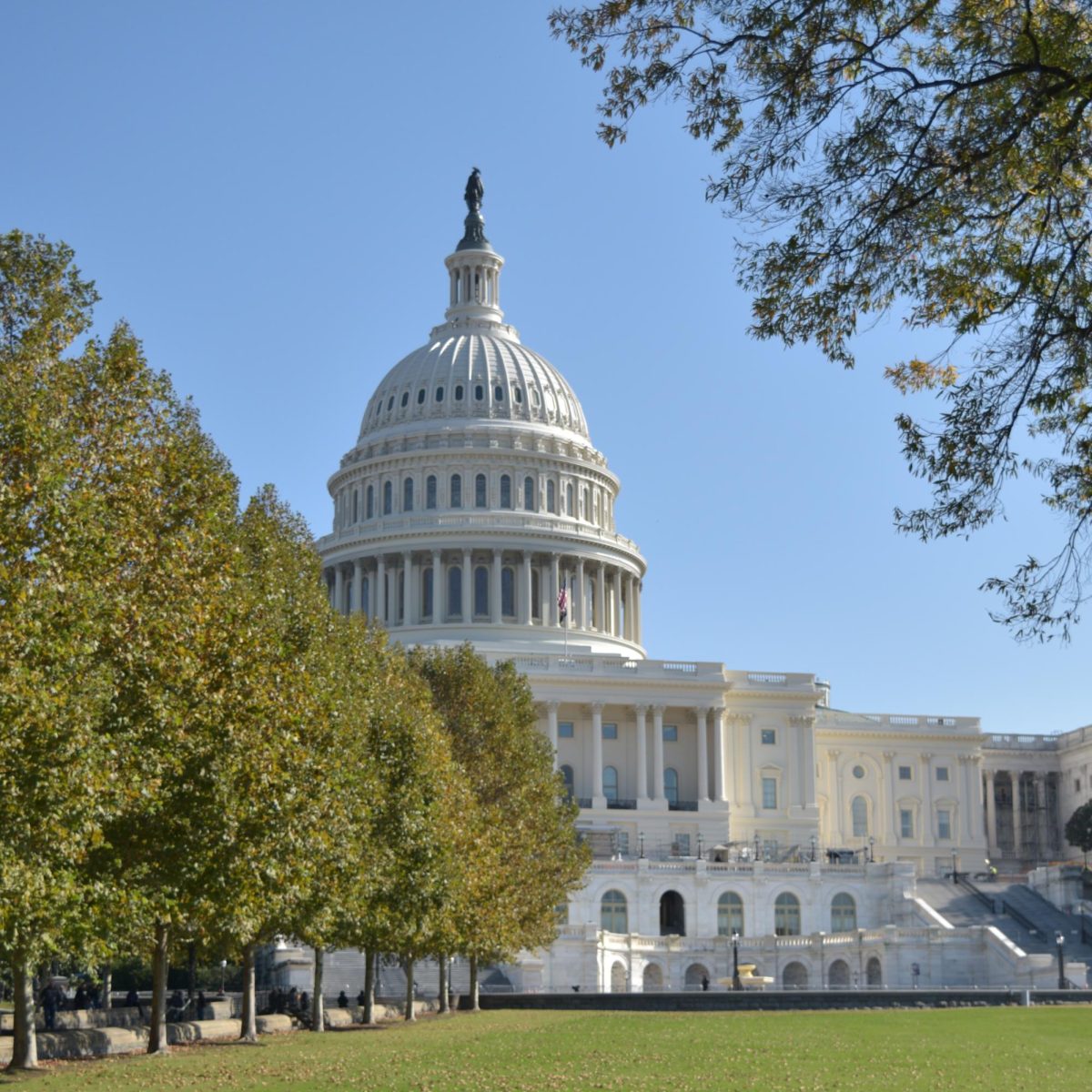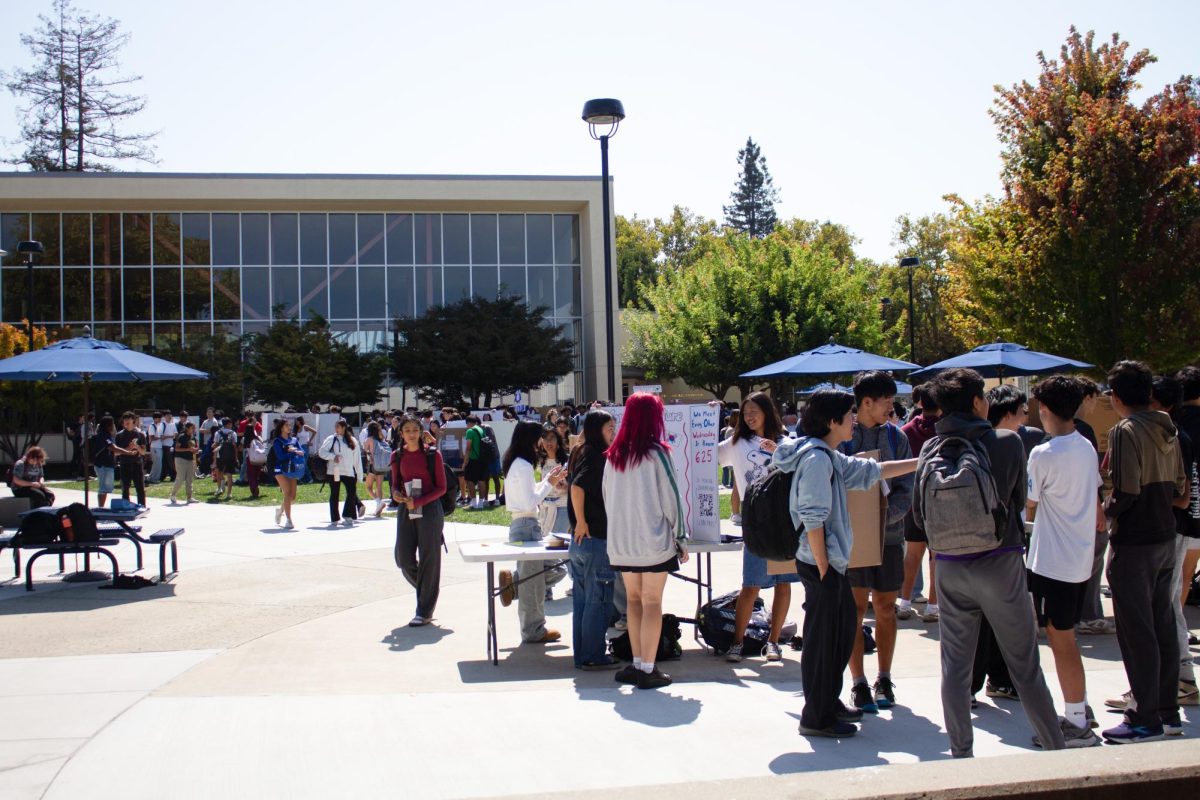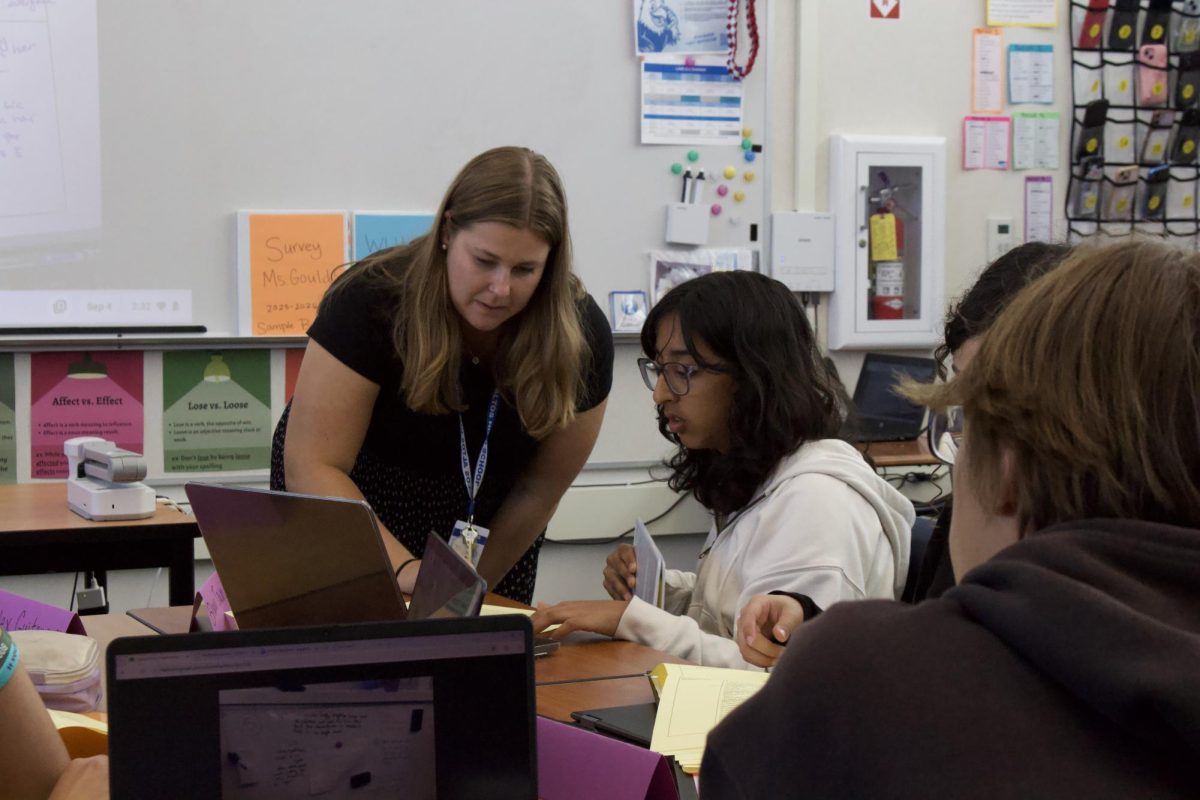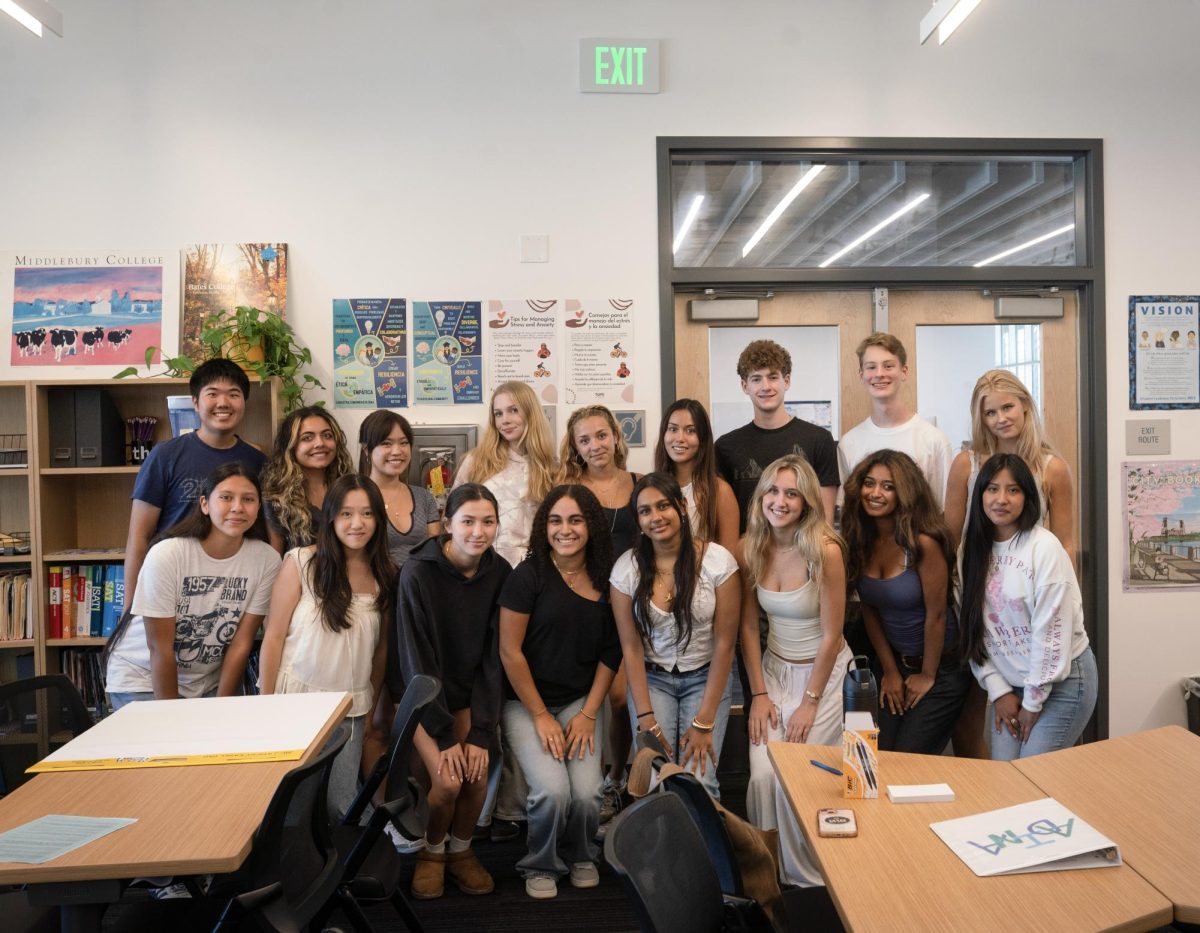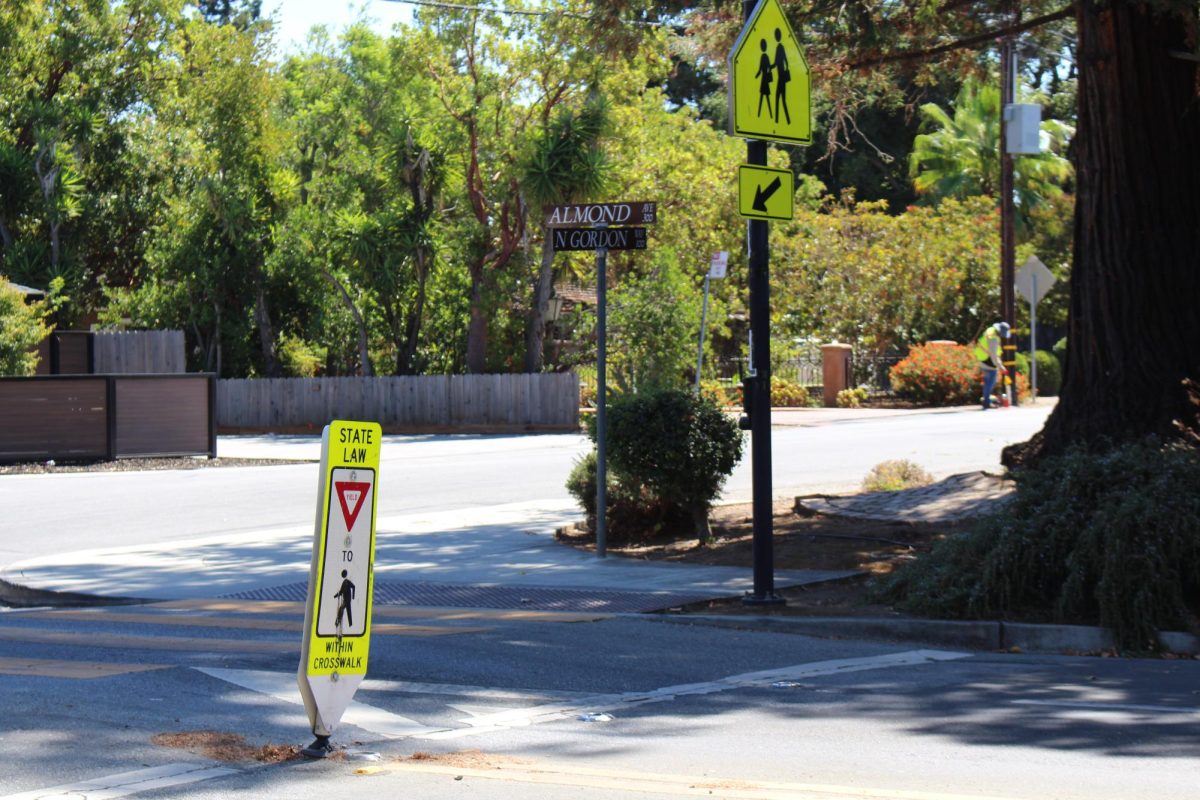On Thursday January 15, Cephus Johnson, a prominent human rights activist and uncle of Oscar Grant, and Zahra Billoo, executive director of the San Francisco Chapter of the American-Islamic relations council, spoke about the issues of police brutality in the Eagle Theater during first and third period.
The event was organized primarily by the Amnesty International Club with support from the Youth Alliance Organization.
“We decided to get Cephus Johnson because his nephew’s experience related exactly to what our focus is on this year: police brutality,” Amnesty International co-president Anna Martirosyan said. “We also wanted to get a second speaker, and decided to contact Zahra Billoo because we thought that racial discrimination is a part of the issue of police brutality and Muslims experience that racism too. We also thought [having her speak would] be good in light of the attacks in France.”
Johnson spoke first about how issues like increased militarization of the police has lead to a rapid growth in fatal shootings of civilians. His nephew, Oscar Grant, was fatally shot in 2009 by an Oakland BART police officer.
“What happened to Oscar, you got to understand is not just an isolated incident,” Johnson said. “This is happening all over the country at an unprecedented rate. So we have to really understand the time that we’re in, to understand what the movement is about and how to move forward in bringing about a change so we all have a right to life.”
Additionally, Johnson stressed that issues like police brutality should matter to everyone, regardless of race.
“This is not a black issue,” Johnson said. “This is an American issue. I want you to look at it like this. This is not about me, and it’s really not even about you. It’s about the babies that you bring into this world as it comes time for you to do that. And if you fail… to stand up and take the leadership of this movement what kind of life will your babies have? Think about that. If you…turn a blind eye to the issues that are happening around us today…[these issues] will come to your home.”
In particular, Johnson stated his belief of the importance to have schools like Los Altos High take part in these conversations to enact change for the better.
“[When] Americans see young white students from a school that is not plagued with the issues that are being experienced in communities that are really in tremendous decay, and [instead see] schools like this where students that care take the leadership: that is a game changer,” Johnson said.
Following Johnson, Billoo spoke about the war on terror and how racism and police brutality affect the Muslim community in America. Billio also spoke about the differences between how each minority is affected by perceptions of their distance from law enforcement.
“There is often times a disconnect with the African American Community and the Latino Community and their experience with the war on drugs and the law enforcement, and then the idea of being the model minority, of moving to this country to do one thing and do it well,” Billio said. “Many American Muslims, many Asian Americans, many South Asians, many Arabs [mistakenly] thought, ‘Well the war on drugs doesn’t affect me. Because my kids don’t do drugs. I’m a good immigrant. Because I’m going to pay my bills and stay away from the police and I’ll be fine.’”
She also emphasized that although the US has shifted from a war on drugs to a war on terror, the nature of the racism people of color face at the hands of the law enforcement is still fundamentally the same.
“Now, anyone who looks like those people [actually involved in terrorist attacks] must be a terrorist,” Billioo said. ” [This is] no different from saying anyone who looks like that drug dealer must be a drug dealer. No different from the idea that if law enforcement says they’re bad, then they must be bad.”
The event concluded with music and poetry performances by Los Altos High School students. Senior Mehr Singh performed a slam poem, and senior Oscar Martinez performed a rap.
“The goal [of the event was] just to spread more awareness and talk about these issues because a lot of us, especially at Los Altos, feel like it might be really distant from us, though it’s really not,” Anna said.



